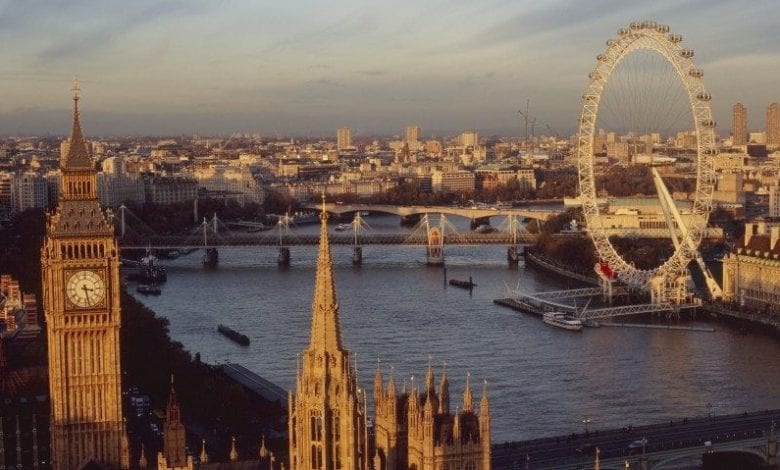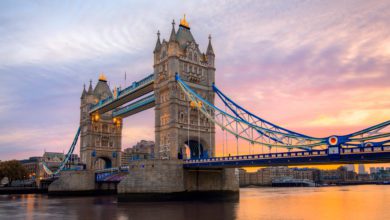Political uncertainty ‘dangerous’ as London hotel demand falls

London hotel demand has continued to fall in the wake of Brexit while regional hotels are forecast to hit record-breaking occupancy rates, according to new data released today.
PwC’s Facing the Future report found a combination of economic and political uncertainty, along with corporations cutting their travel budgets, meant that London hoteliers are facing shortfalls of business guests and are increasingly seeking to replace them with leisure travellers.
The forecast for London remains cautious with a year-on-year outlook for occupancy decline of 1.8% in 2016 and a further marginal decrease of 0.8% in 2017, taking occupancy down 1% to 80%.
Average daily rate (ADR) is forecast to decline by 1.1% in 2016 but sees a minimal gain of 0.4% in 2017, taking ADR to £141 and £142, respectively. Revenue per available room (RevPAR) is expected to decline 2.8% this year and a further 0.5% in 2017.
The drop-off in demand for London hotels contributed to a disappointing first of the year in 2016, with RevPAR declines of 3.5% to June. This was driven by occupancy falls each month from November 2015 to June 2016.
In contrast, PwC’s forecast of 77% occupancy rates this year, and in 2017, for regional hotels would be the highest on record.
Regional hotels experienced a good year-to-date with overall RevPAR up 2.6% to June, although the report said the pace of growth continued to slow and occupancy levels fell in many cities.
Overall, to June, the provinces saw a 0.7% decline in occupancy but a 3.3% increase in ADR. Regional hotels have seen growth continue in July, according to STR Global, with RevPAR up 4.3%.
Cities faring very well included Birmingham where RevPAR was up 9.5% to June; Brighton saw a gain of 10.7%; Manchester was up 6.6%; Cardiff was up 4.3%; and Edinburgh reported a 6% growth.
Meanwhile, the forecast also mentioned how more hotel owners are picking up the impact of peer-to-peer accommodation platforms, such as Airbnb, on their bottom line and more are taking the sector’s threat “more seriously”.
More disruption is expected from the sector and in London, key peer-to-peer business, Airbnb, recorded a 54% growth in the last year.
Liz Hall, head of hospitality and leisure research at PwC, said: “Uncertainty is dangerous and lower confidence pre and post the EU Referendum, as well as an economic slowdown, have impacted corporate budgets and travel, a vital segment for hotels. Hoteliers will need to make up for this by attracting more leisure travellers.
“But, a slow absorption of new rooms in London and some regional cities may put pressure on trading. Add to this mix, brisk growth in serviced apartments and Airbnb listings and it’s a case of weaker demand chasing more rooms.”
However, she added falling sterling may bring some short-term benefits to leisure tourism in London and international destinations such as Edinburgh, as well as boosting staycations across the UK.









